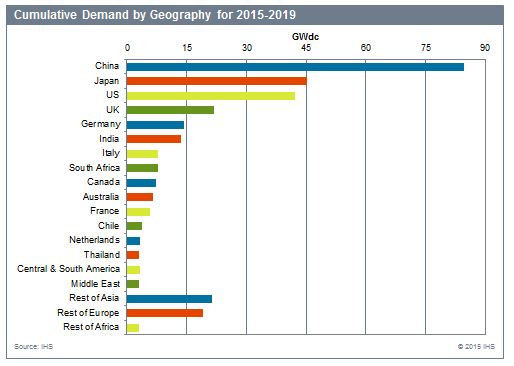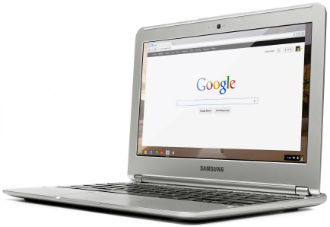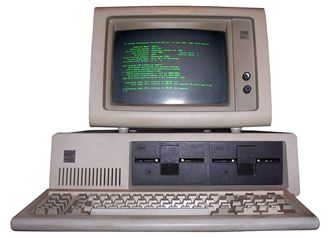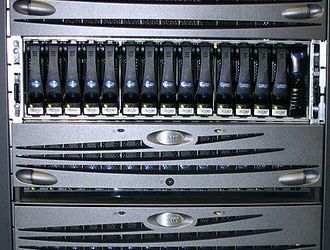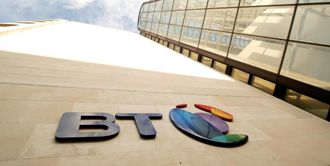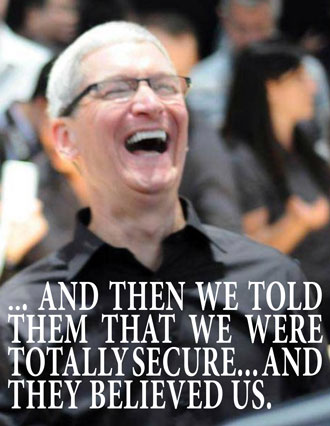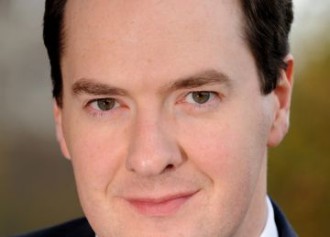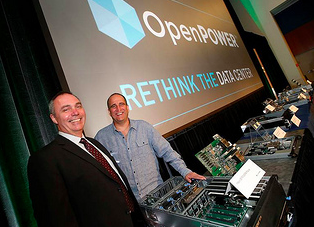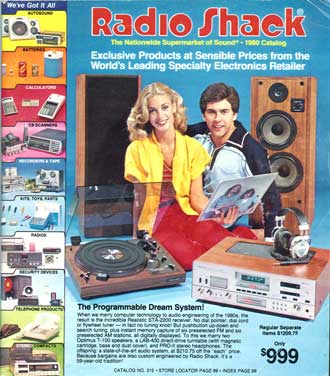 A report said that total global solar photovoltaic (PV) capacity will be 498 gigawatts in 2019, a 177 percent increase over capacity in 2014.
A report said that total global solar photovoltaic (PV) capacity will be 498 gigawatts in 2019, a 177 percent increase over capacity in 2014.
IHS said that last year the market became supply driven. That trend will continue until 2019 when the use rate of module projection will exceed the peak usage rate in 2010. That is when the global market really started to soar.
As this chart from IHS shows, China leads the pack in using solar panels, followed by Japan, the USA, the UK, Germany and India.
And there’s good news if you’re in the mood to buy, because the average selling prices of standard modules will fall by 27 percent between 2015 and 2019.
Thin film modules aren’t experiencing stellar growth patterns, but IHS believes that this year market share for those will be around seven percent.
That market share is likely to remain at around seven percent between now and 2019.
